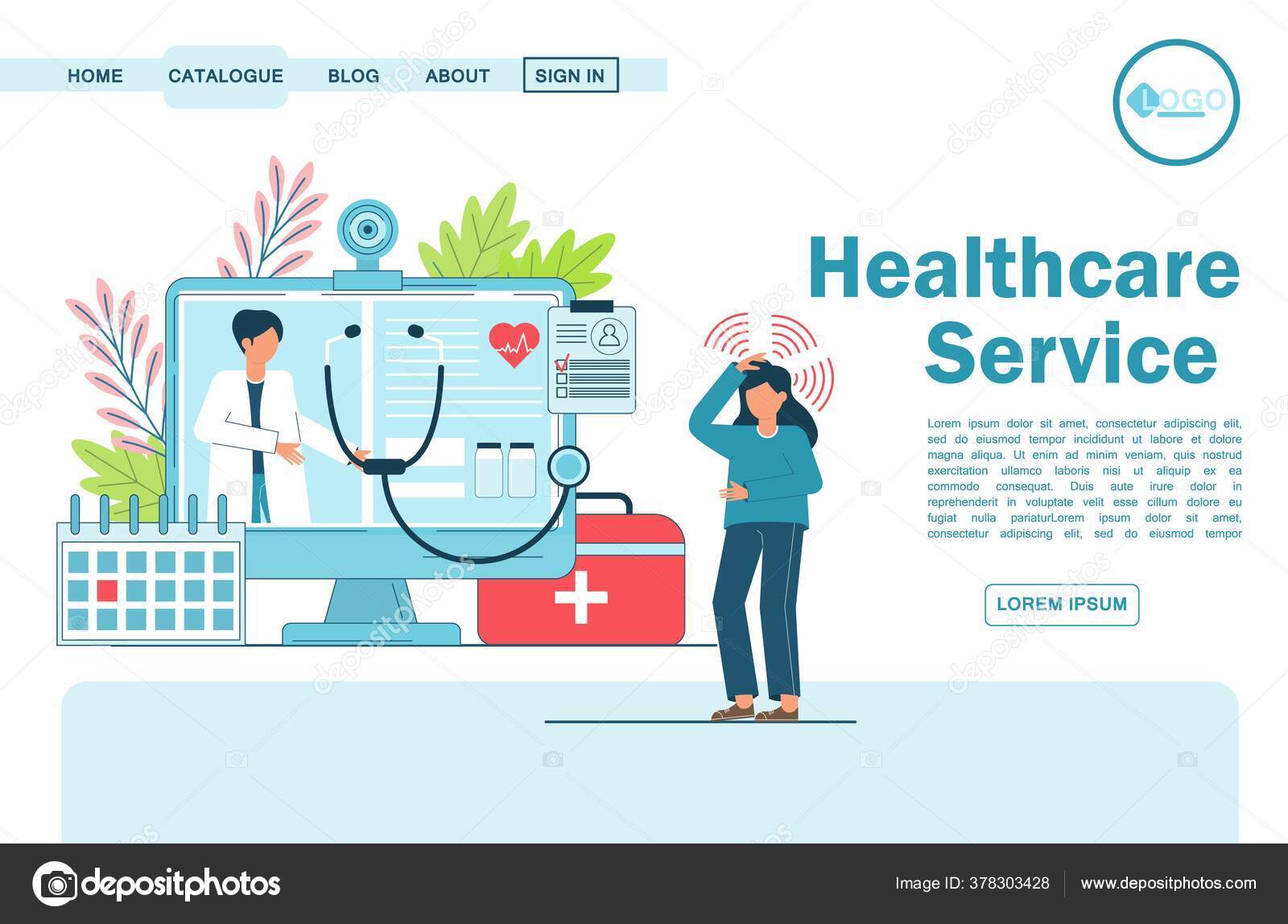Browsing the Future of Medication With Subscription-Based Health Care Solutions
As the health care industry advances, subscription-based solutions become a critical model promising to improve individual care delivery. With the possible to use streamlined, cost-effective remedies with predictable pricing and tailored interest, these services stand at the center of contemporary medical technology. Yet, as we consider their surge, one should ponder the effects of integrating such systems right into existing health care frameworks. What difficulties do they pose in regards to data protection and equitable accessibility, and exactly how might they redefine the patient-provider partnership? The response to these inquiries might basically change our strategy to healthcare.
Surge of Subscription Health Care
As medical care systems around the world face boosting stress from rising expenses and need for solutions, the advent of subscription-based medical care models has actually arised as a transformative fad. This innovative technique is interfering with traditional health care shipment by supplying a predictable, flat-rate payment structure for medical services. Rooted in the concepts of attendant medication, subscription-based medical care allows companies to concentrate on tailored patient care while at the same time handling operational effectiveness.
The increasing customer demand for transparency and predictability in medical care costs has driven the change towards this model. Subscription-based solutions typically provide straight accessibility to healthcare specialists, which can decrease the administrative problems associated with insurance policy claims and reimbursements.
This design is acquiring grip among varied doctor, from medical care medical professionals to specialized centers, by aligning monetary motivations with constant and preventative care. By changing the focus from volume to value-based treatment, subscription medical care has the potential to improve the landscape, cultivating a much more patient-centered and sustainable approach to health administration.
Advantages for Clients

In addition, subscription-based services frequently highlight precautionary care, motivating routine examinations and wellness testings. This aggressive strategy can bring about very early discovery of wellness concerns, possibly enhancing results and minimizing lasting health care expenses for individuals. Such versions normally use transparent pricing, allowing people to much better comprehend their healthcare expenses and stay clear of unforeseen medical costs.
The individualized nature of subscription-based health care also enhances person experience. Individuals can receive customized health care plans that match their certain demands, cultivating a more patient-centric strategy. This customization can result in improved individual fulfillment and adherence to treatment strategies. Membership solutions typically incorporate wellness programs, supporting people in preserving total health and health. Ultimately, these advantages jointly contribute to an extra efficient, economical, and patient-friendly healthcare experience.
Technology's Role in Improvement

Artificial intelligence (AI) plays a vital role in anticipating analytics, aiding in early diagnosis and tailored therapy strategies. AI formulas examine huge datasets to identify patterns that could be forgotten by human monitoring, therefore enhancing medical decision-making. Digital wellness records (EHRs) streamline person info administration, ensuring connection and coherence of treatment throughout various solutions and suppliers.
Blockchain innovation boosts information security and personal privacy, critical for maintaining person count on digital systems. It enables safe and secure and transparent transactions of clinical information, making sure that sensitive info remains secured. With the integration of artificial intelligence and AI, blockchain can automate complicated medical care processes, lowering administrative worries.
Considerations and difficulties
While technology pushes the abilities of subscription-based medical care solutions, it additionally presents a collection of obstacles and factors to consider that must be this article addressed to ensure successful application. One considerable difficulty is the equitable ease of access of these services.
Data privacy and safety and security represent another important consideration. Subscription-based services frequently involve the collection and storage of vast amounts of individual wellness info. Suppliers need to stick to strict data protection regulations to keep client trust fund and protect against unapproved gain access to, which could lead to substantial moral and legal repercussions.
As health care requires develop, keeping an affordable equilibrium in between subscription charges and solution quality is crucial to protect against client frustration and attrition. Addressing these challenges is necessary as subscription-based healthcare services continue to progress and increase.
Future Ramifications for Medication
Subscription-based medical care solutions are positioned to significantly affect the future landscape of medication by improving just how treatment is accessed and supplied. These versions offer the potential to equalize medical care accessibility, giving people with even more prompt and individualized treatments. By leveraging innovation, such as telemedicine and data analytics, registration services can help with continual tracking and tailored health find out and wellness management, thus improving end you could try here results and lowering the problem on standard healthcare systems.
As these services gain grip, they might promote a shift in the direction of preventative treatment, highlighting the significance of very early discovery and administration of chronic problems. This positive approach might eventually decrease medical care expenses by reducing the need for pricey treatments arising from late-stage illness administration. Membership models use a scalable solution to resolve variations in medical care gain access to, specifically in rural or underserved populations.
Nevertheless, the transition in the direction of subscription-based models requires addressing ethical and governing considerations, including information privacy and equitable accessibility. As the industry progresses, collaborative efforts in between policymakers, technology designers, and doctor will certainly be important to developing robust frameworks that guard patient rate of interests while cultivating innovation. Ultimately, these solutions assure to add considerably to a much more reliable, patient-centered medical care ecosystem.

Conclusion
Subscription-based health care services stand for a considerable evolution in the medical field, offering predictable prices and individualized treatment that boost access and focus on preventative procedures. As the health care landscape progresses, membership models are poised to play a crucial role in forming the future of medication.
As the health care industry evolves, subscription-based solutions arise as a critical model promising to improve individual care delivery.As medical care systems around the world face enhancing pressures from climbing expenses and demand for solutions, the development of subscription-based healthcare versions has actually emerged as a transformative fad (subscription based healthcare).With the increase of subscription-based healthcare versions reshaping traditional medical care shipment, patients are starting to experience significant advantages from this ingenious strategy. As health care needs advance, preserving a cost-effective equilibrium between registration fees and solution quality is essential to avoid patient discontentment and attrition.Subscription-based healthcare services are positioned to considerably affect the future landscape of medicine by improving how treatment is accessed and delivered